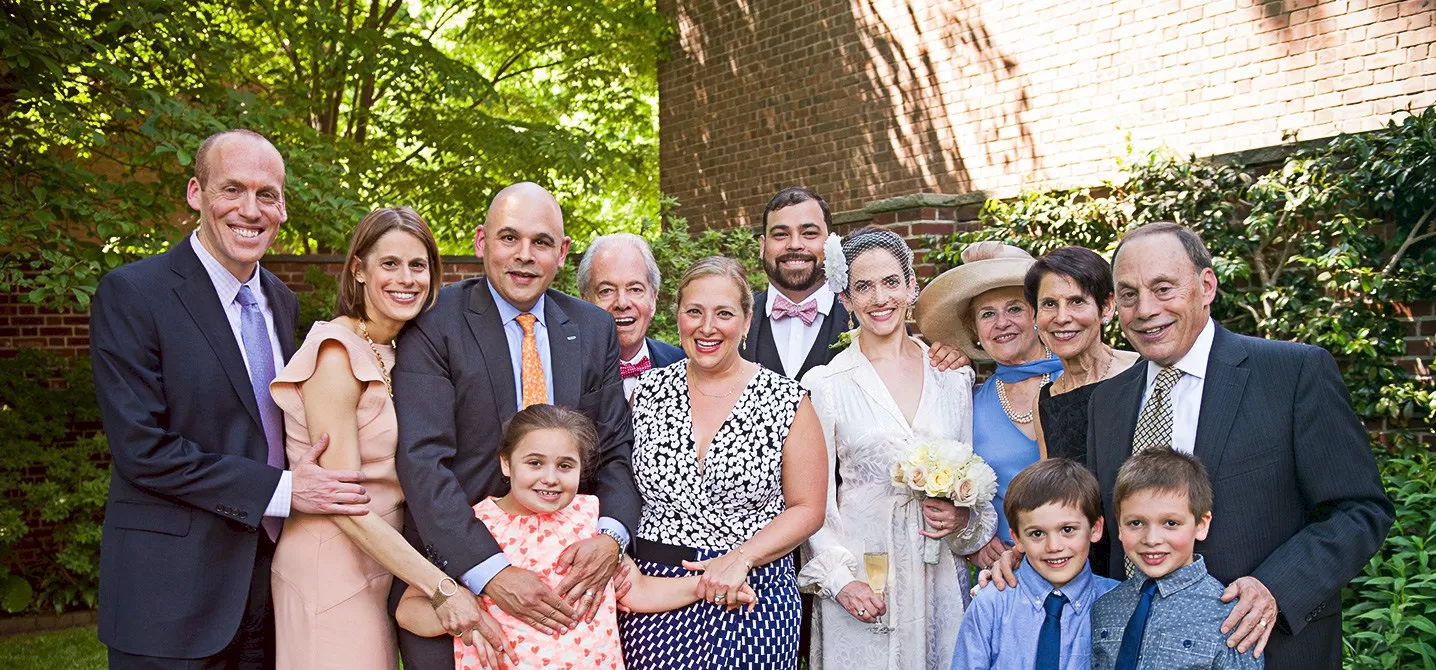Notes from a Doting Aunt

Jason was the first-born child of my sister Marsha, and his daughter—Zoe Isabelle Rothschild—was the first-born child of that generation, so I was predisposed to fall a little bit in love with Zoe from the get-go. Riding up the elevator of the hospital to visit my niece, Rachel, the day after Zoe was born, I said to my husband, “Remember, no matter what she looks like, you are to say she is lovely.” Well, no need to dissemble; Zoe was quite literally the most exquisite newborn we’d ever seen. She had a quiet radiance, a steady gaze. I was smitten then, as I am now.
Around her third birthday—indeed on the very day her brother Cooper was born—Rachel and Jason received the chilling, dreaded diagnosis of Rett Syndrome. I can only imagine their sorrow, because they have borne their burden with amazing grace and discretion. I know how this has affected my sister, though. It has been profoundly sad for her to curtail her grandmotherly expectations, hopes, and dreams for this beautiful child.
So what can a well-meaning aunt and great aunt do? Not much, really, especially as my niece and nephew have moved their family to Texas, and I live in Pennsylvania. Oh, I can be supportive of my sister—I hope she knows she can rely on me to stand by her whenever and however she needs me—but Marsha and her husband Paul have a powerful support system close by in Massachusetts, and their daughter and her beautiful family live within easy driving distance in Westchester County, New York.
So it seems to me that my most valuable contribution would be to support the Rett Syndrome Research Trust (RSRT) in any way I can: by spreading the word among my friends, associates, and colleagues about this remarkable organization that is dedicated to finding a cure for Rett Syndrome by encouraging and supporting critical scientific research. In addition, my husband and I have made it our mission to attend as many fund-raising events as we can: the annual Rett Gala in New York; the 2015 dinner fundraiser in Springfield, Massachusetts, co-organized by my sister; and—in 2014 and coming up on March 12th, in Swarthmore, Pennsylvania—a chamber-music benefit concert. Program Director, Tim Freeman, asked me to serve on the committee in 2014, and I am proud to be serving again. Last time, there was an awe-inspiring turnout from my friends and colleagues, and those who couldn’t attend, contributed generously; I am hoping for similar results at this year's concert. All the proceeds from this benefit performance will go directly to RSRT to further its research agenda.
So, this is the best I can do: spread the word and contribute when I can. I truly believe that each contribution, made by each person who has become aware of this terrible disorder, brings us closer to a cure. For as cruel as Rett Syndrome is, there is hope: As most of you know, the effects of this chromosomal imperfection have been reversed in a mouse model, and the Gene Therapy Consortium is working to translate this reversal in mice to a reversal in girls. Rett Syndrome may well become the first reversible neurologic disease.
A closing note on getting the word out: My son-in-law—Edrian Colina—felt a powerful connection to Zoe the first time he met her at a family wedding, years before he married our daughter Susannah. He has now brought his considerable talents to the effort of spreading the word about Rett Syndrome and the wonderful work being done by RSRT in their effort to change the lives of our grandniece and the hundreds of thousands of other children and adults struggling with this disorder. Edrian is Creative Director of RSRT. I am so, so proud.


